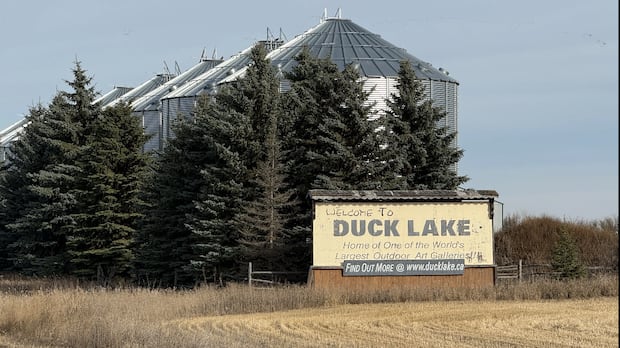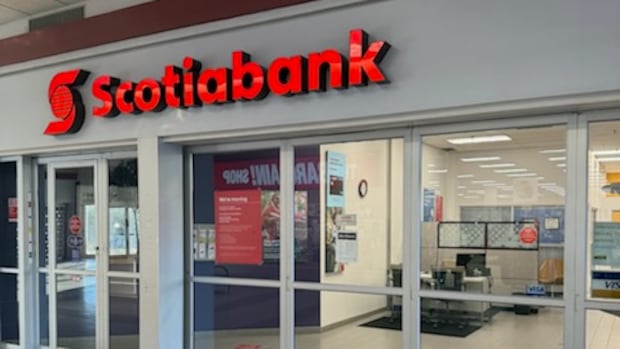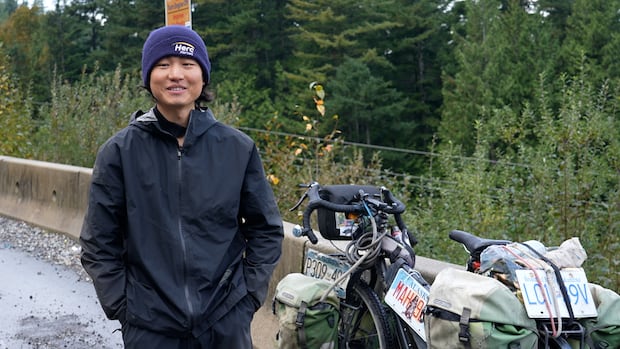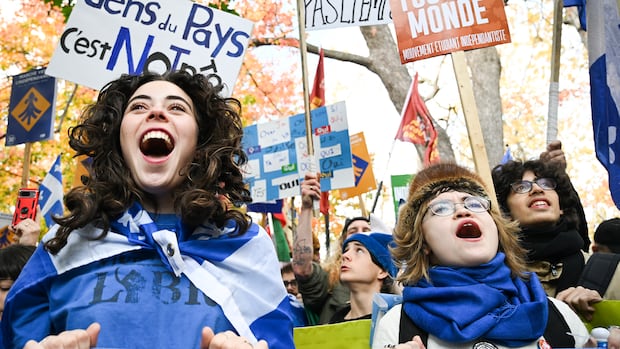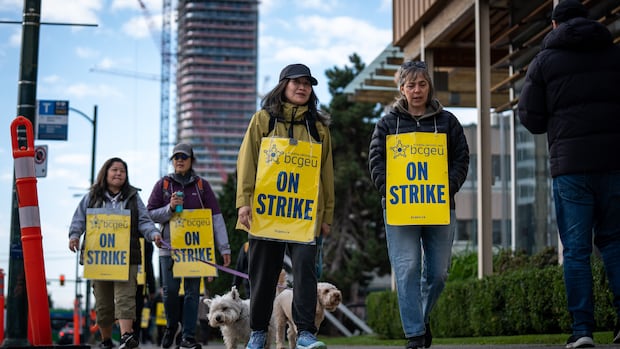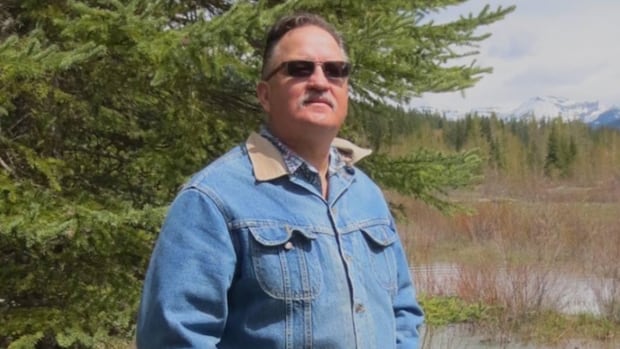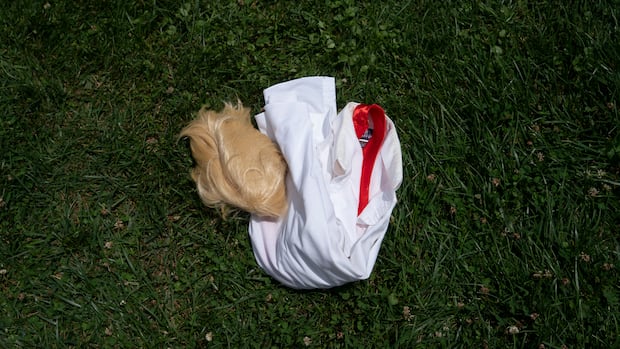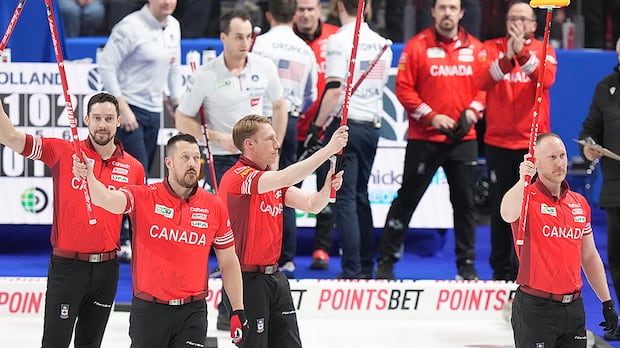The B.C. General Employees' Union (BCGEU) has struck a tentative deal with the provincial government, which could end the weeks-long strike that has impacted everything from liquor distribution to wildfire fighting.
The Professional Employees Association (PEA) also announced it will take down its picket lines and return to bargaining with the B.C. government.
More than 25,000 workers represented by the BCGEU and more than 1,600 workers represented by the PEA have been on some form of job action since Sept. 2.
The BCGEU says it is also taking down its picket lines, and members of both unions will return to their jobs on Monday.
The BCGEU's tentative agreement, which still needs to be ratified, includes a three per cent general wage increase per year over the next four years.
The BCGEU's tentative deal, announced Sunday, comes after mediated talks with the province.
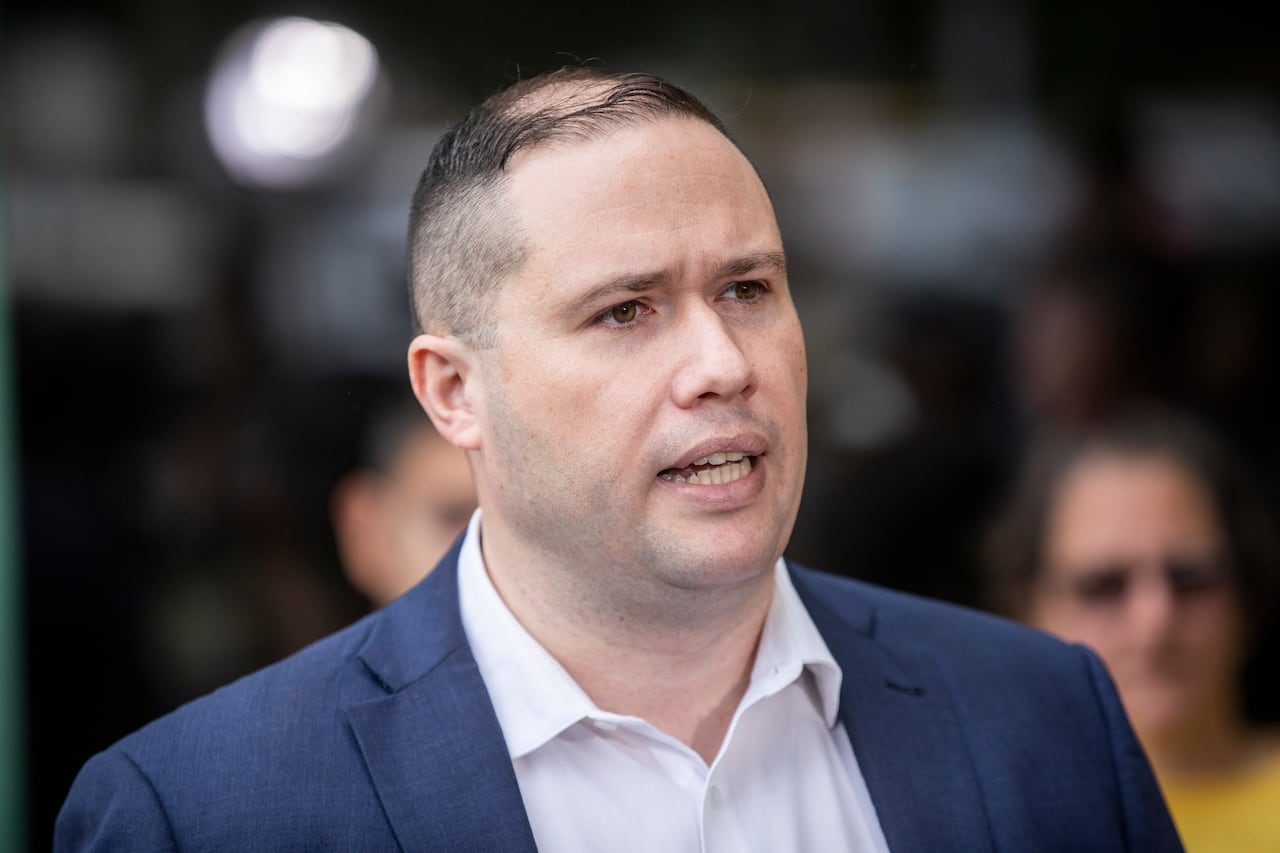 BCGEU president Paul Finch says the tentative deal is a testament to workers' resolve after eight weeks of strike action. (Ben Nelms/CBC)
BCGEU president Paul Finch says the tentative deal is a testament to workers' resolve after eight weeks of strike action. (Ben Nelms/CBC)BCGEU president Paul Finch said in an interview that the tentative agreement was reached just after 7 a.m. PT on Sunday, and he is "incredibly happy" with it.
"This comes after a very hard-fought victory, you know, for our members — and really, broadly, for working people in B.C.," he said.
In a statement, the BCGEU said the proposed agreement marks "significant progress" on issues like wages and affordability, but it will be up to the 34,000 public service workers to ratify it.
Most of them have been on strike for eight weeks, setting up picket lines at government offices, B.C. Liquor Stores, Liquor Distribution Branch facilities and more — leading to a strained supply of booze and cannabis in particular.
 The strike had impacted everything from driver licensing to IVF funding programs. (Ben Nelms/CBC)
The strike had impacted everything from driver licensing to IVF funding programs. (Ben Nelms/CBC)A number of government-run programs — from student loans to IVF funding and correctional services — were impacted by the strike.
The agreement would improve working arrangements for telework and remote workers, and include targeted pay hikes for the lowest-paid public servants, the union says.
Finch said that information on the ratification process would be given to members over the next week, and voting itself would begin the week after.
A simple majority of workers will need to vote in favour of the agreement for it to be ratified, Finch said.
WATCH | How the BCGEU strike impacted the hospitality industry:The B.C. public service worker strike is entering its seventh week, and some in the hospitality sector say it's affecting their business. As Jessica Cheung explains, some restaurants say they've even experienced aggression from customers over a shortage of alcohol.Province had cited fiscal challengesThe BCGEU's contract with the province ended on March 31, and workers voted to strike as they sought better wages and working conditions, amid a spiking cost of living.
The union's demand for a four per cent per year general wage increase came as the provincial government sought to tame an $11.6 billion deficit.
Over the course of the nearly two-month-long strike, the union and government saw negotiations collapse multiple times, as Finance Minister Brenda Bailey maintained the government would seek an agreement that was fair to all British Columbians.
WATCH | David Eby hopes mediation ends strike:Premier David Eby says the B.C. General Employees' Union strike has gone on too long. He told CBC's Rosemary Barton he hopes newly announced mediation allows the two sides to agree on a two-year collective agreement and quickly brings the job action to an end.On Oct. 17, the two sides agreed enter mediation to resolve the strike, led by veteran labour negotiator Vince Ready and fellow mediator Amanda Rogers.
In a statement, Bailey said she was pleased by the tentative agreement.
"Our government respects the ratification process and the rights of union members to vote on their agreements, so I’ll leave any further comment until that process is complete," she said.
David Hannah, a professor at Simon Fraser University's business school, said the BCGEU deal would likely set the template for other unions' contracts with the B.C. government.
"The government gets the security of a four-year deal in the run up to the next election," he said.
"The union doesn't get the four per cent [wage increase], but on the other hand, they get better than what they had going into the strike, and they get a known quantity [of three per cent per year] for the next four years."
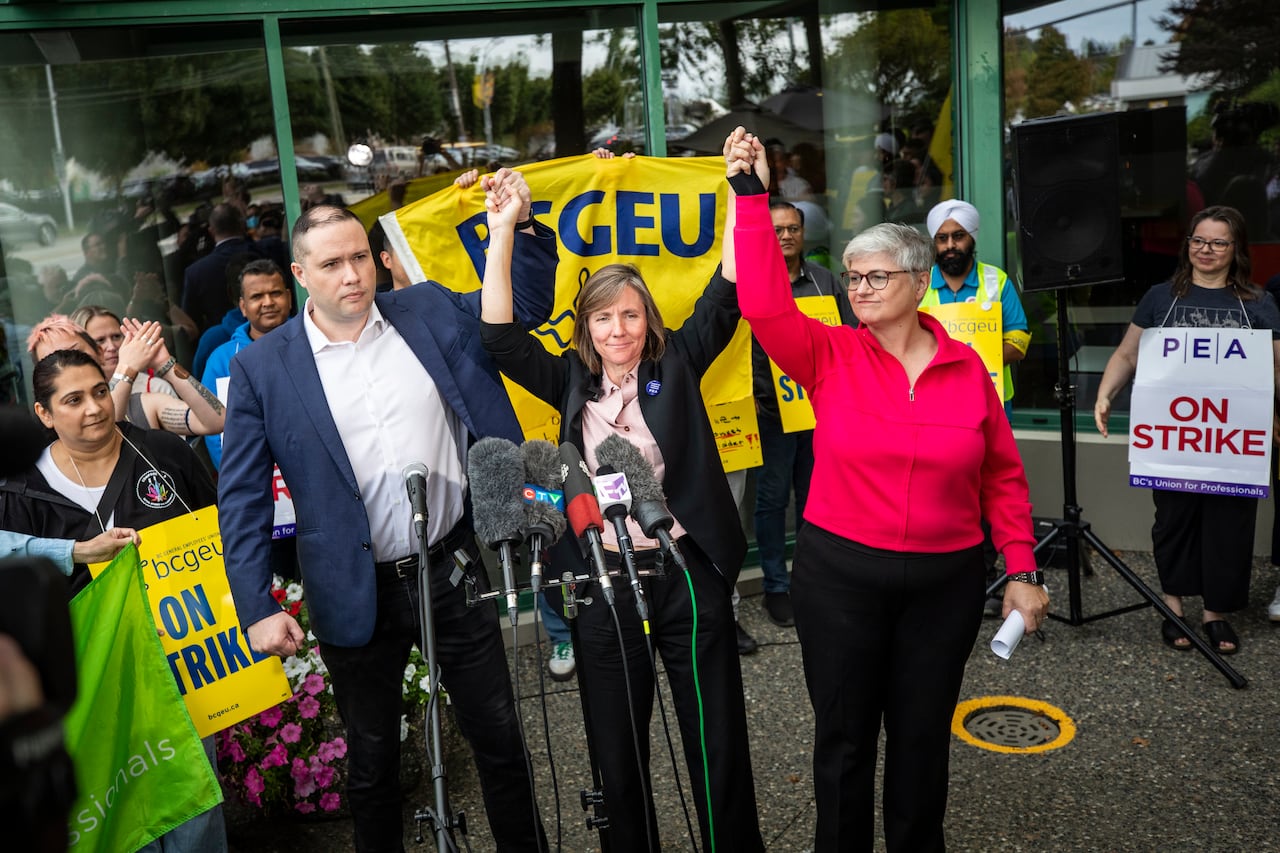 BCGEU president Paul Finch, left, and Professional Employees Association executive director Melissa Moroz are seen at a BCGEU rally on Sept. 8, 2025. (Ben Nelms/CBC)PEA to take down picket lines
BCGEU president Paul Finch, left, and Professional Employees Association executive director Melissa Moroz are seen at a BCGEU rally on Sept. 8, 2025. (Ben Nelms/CBC)PEA to take down picket linesThe PEA, a separate union that represents government-licensed professionals who work for the province such as lawyers, pharmacists, engineers and other highly trained experts, will stop picketing as it returns to bargaining with the B.C. government, according to a press release Sunday evening.
The same general wage increases and other key proposals that the BCGEU agreed to have been extended to the PEA, according to the release.
“We are suspending picket lines to allow bargaining to resume after making progress today on a number of the union’s key priorities” said Melissa Moroz, executive director of the PEA and lead negotiator.
Members have been picketing alongside the BCGEU since Sept. 2.



